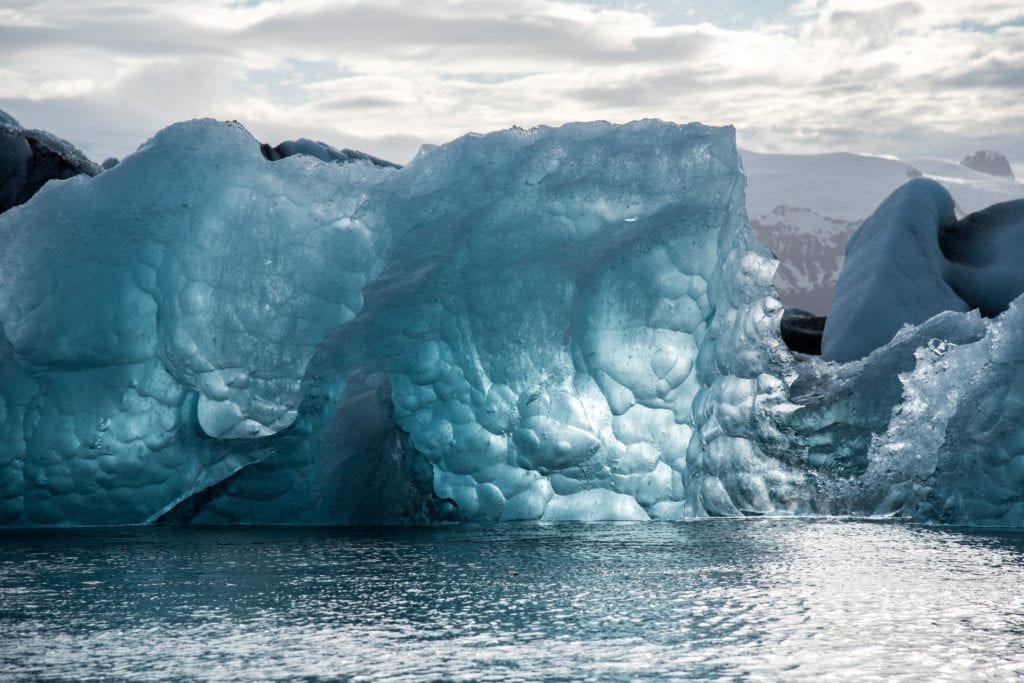
A new study by researchers in the United Kingdom and the Netherlands concludes that the dramatic loss of Arctic sea ice through climate change has only a minimal influence on severe cold winter weather across Asia and North America.
The scientists note that the possible connection between Arctic sea-ice loss and extreme cold weather, such as deep freezes gripping the Lower 48 states in winter months, has been studied for a long time. Observations show that when the regional sea-ice cover is reduced, areas of Asia and North America often experience unusually cold and hazardous winter conditions.
Still previous climate modeling studies have suggested that reduced sea ice cannot fully explain the cold winters.
This new study from the University of Exeter, the Royal Netherlands Meteorological Institute and the Energy and Sustainability Research Institute in Groningen, Netherlands, combines observations over the past 40 years with results from sophisticated climate modeling experiments. They found that the correlation between reduced sea ice and extreme winters across the mid-latitude, which often coincide, occurs because both are simultaneously driven by the same, large-scale atmospheric circulation patterns.
Crucially, researchers concluded, it shows that reduced sea ice only has a minimal influence on whether a harsh and severe winter will occur.
The study, published in the science journal Nature Climate Change, was also reported at EurekAlert, the online publication of the American Association for the Advancement of Science.
“The correlation between reduced sea ice and cold winters does not mean one is causing the other,” said Russell Blackport, of the University of Exeter, a lead author of the paper. “We show that the real cause is changes in atmospheric circulation which moves warm air into the Arctic and cold air into the mid-latitudes.”
The Arctic region has experienced warming temperatures through climate change in recent decades leading to large scale decline in sea-ice cover. This reduction in sea-ice cover means that areas of open water increase, which in turn allows the ocean to lose more heat to the atmosphere in winter, which can potentially alter the weather and climate, even well outside the Arctic.
Recent studies have suggested that reduced sea ice or Arctic warming has contributed to recent cold winters experienced in the mid-latitude region, and that as sea ice reduces further through climate change, cold winters will become more frequent and severe.
This study suggests that reduced sea ice is not the main cause of the cold winters, but that the cold winters are likely caused by random fluctuations in the atmospheric circulation.





